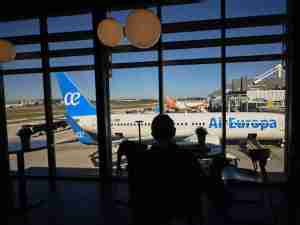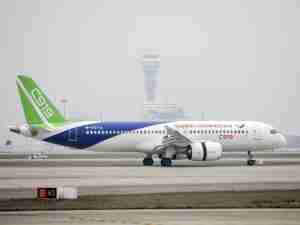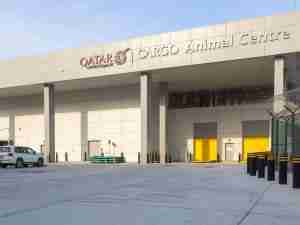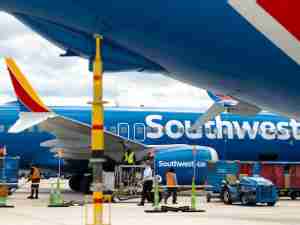Deutsche Lufthansa AG has seen strike-related costs balloon to 250 million euros ($271 million) since the start of the year after a series of walk-offs by workers drove away prospective passengers and put aircraft out of position.
Speaking in an interview in an internal employee memo, Chief Financial Officer Remco Steenbergen said Lufthansa blamed unstable crew rostering and aircraft scheduling that have disrupted operations, including the cancellation of the highly profitable Frankfurt-San Francisco service for a full week.
In addition, customers are more cautious with bookings and are dodging Frankfurt and Munich as transfer hubs to avoid being caught up in the waves of strikes that have washed over Lufthansa for weeks, he said.
“We really want to offer our customers more reliability again – and quickly, too,” Steenbergen was cited as saying in the memo, which was obtained by Bloomberg. “So we simply can’t afford to have these industrial disputes waged at the expense of our customers, or see new wage deals concluded at the expense of our long-term competitiveness.”
The latest financial fallout cited by the CFO exceeds the 100 million-euro figure that Steenbergen disclosed at the airline’s earnings press conference earlier this month. The carrier has been in on-and-off conflicts with labor unions over pay, and the two sides have called in a mediator to end the disruptions, particularity as the busy travel Easter travel season beckons. The chaos at Lufthansa have been exacerbated by protests at Deutsche Bahn AG, the German national railway, complicating travel in Europe’s largest economy.
Steenbergen has announced his decision to leave the carrier, and will become finance chief at chemicals maker Sandoz AG later this year. The move was part of a broader shakeup of the management board at Europe’s largest airline group.
Lufthansa has lost about 15% in value so far this year, making it the worst European stock performer in the Bloomberg World Airlines Index. The company said this month that its first-quarter losses will widen as the company grapples with the disruptions from labor strikes.











